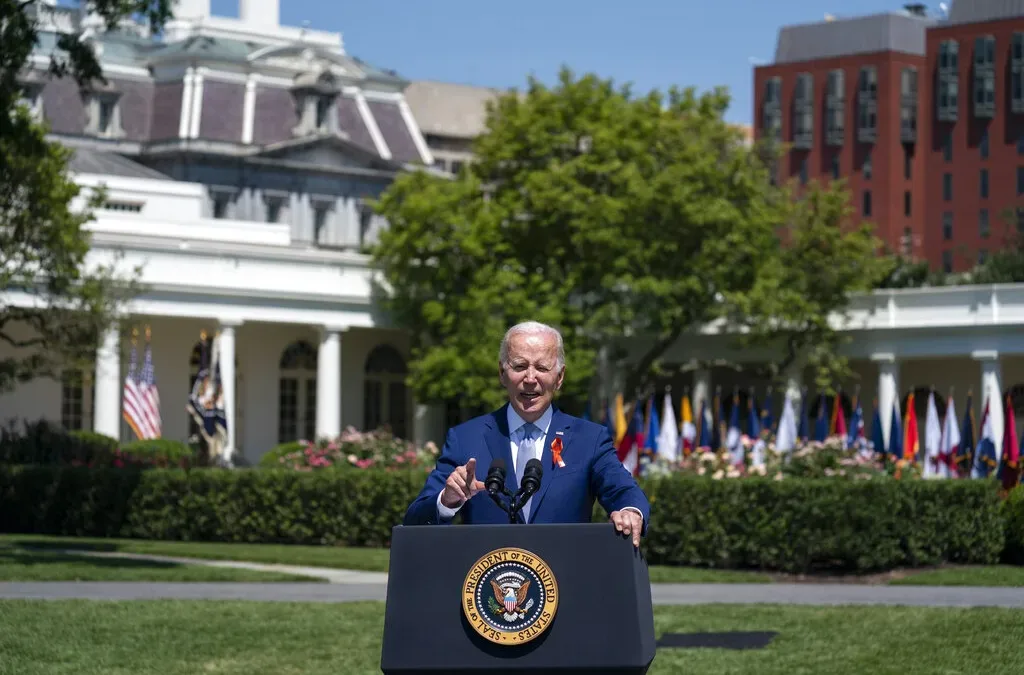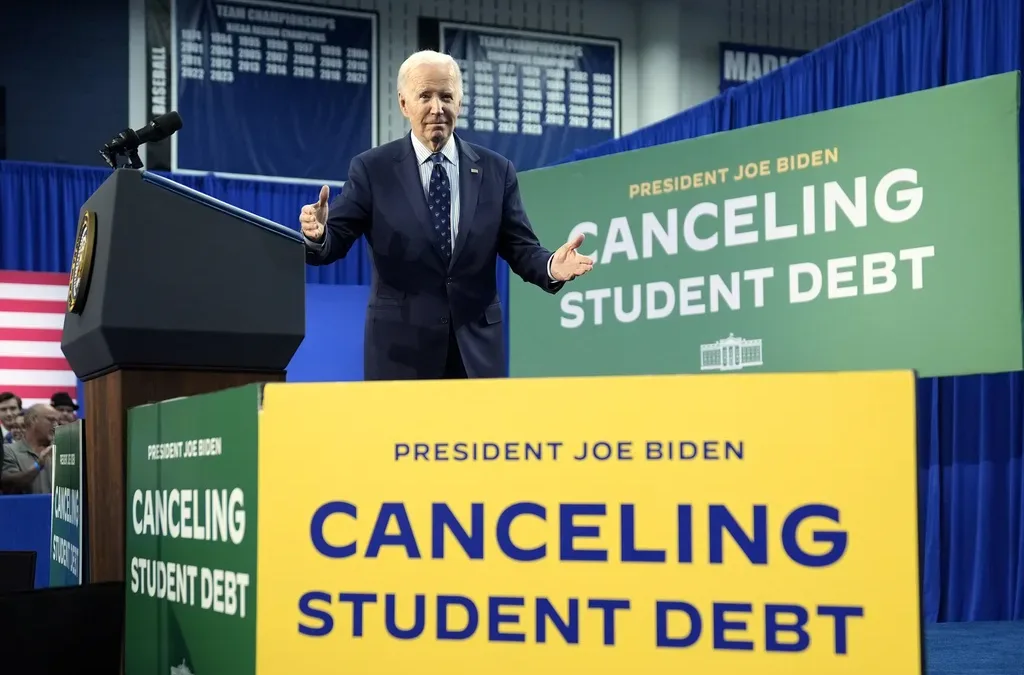
The Republican health care plan was unraveling in front of our eyes when an Illinois congressman opened his mouth without first putting his brain in gear.
Rep. John Shimkus objected to men having to pay for prenatal care in their health insurance policies.
The reaction rained down like a spring thunderstorm.
Shimkus was criticized for his insensitivity and for neglecting to see the role of men in the need for women’s prenatal care.
Some women asked why they should have to pay higher premiums in their policies for coverage that includes men’s prostate cancer screenings or treatment of erectile dysfunction.
Sen. Pat Roberts, a Kansas Republican, joked (and then apologized) that he did not want to lose his mammogram coverage.
And White House press secretary Sean Spicer stirred things up even more when he said, “Well, I think if you’re an older man, you can generally say you’re not going to need maternity care.”
The issue at the center of this dispute goes beyond the current wrangling over the merits of Obamacare vs. Trumpcare.
Many of us approach insurance, and government, too, like we were going through a buffet line at Golden Corral. We want to pick and choose what we pay for. We don’t want to pay for the 3-bean salad when we only want the creamed corn.
This isn’t a new concern. Nor is it limited to one certain party or a certain political philosophy.
People who share Congressman Shimkus’ concerns tend to be more conservative. But 50 years ago, it was liberals, young and old, who did not want their federal income taxes being used to pay for the unpopular war in Vietnam.
Pacifists still don’t like to see such a large percentage of their taxes going to the Pentagon. But other people with a different outlook think money that goes for wildlife sanctuaries or climate research or foreign aid is being frittered away, and they want no part of that.
But government — and insurance — must operate like Golden Corral. Sharing the cost is a key concept behind the success of insurance and government. And buffet restaurants, too.
Before the Affordable Care Act, it was not uncommon for people buying health insurance outside of an employer group to find that available policies would not cover maternity care. A self-employed friend learned before Obamacare that his wife’s use of a certain type of drops for dry eyes led the insurance company to decide their policy would not cover any eye diseases either of them might develop.
Before Obamacare, many people would go without health insurance, gambling that their good health meant it was unlikely they would need hospital care. If they were in an accident, they would show up at the emergency room, aware that hospitals are not allowed to turn away people in an emergency, even if the person has no insurance.
A desire to pick and choose shows up with government, too.
People who send their children to private schools or who home-school their kids sometimes object to the amount of their taxes that go to the public schools. There are single people without children and retired couples who ask why they should have to pay for new school buildings. People who never went to college occasionally object to being forced to pay for operating the state universities.
There are plenty of other examples like these where people don’t want to pay for government functions they dislike or don’t use — such as food stamps for low-income people, crop insurance for farmers, or Medicaid for people unable to afford their own health insurance.
But it comes down to this:
The way we are able to afford health insurance that covers hundreds of thousands of dollars in bills when cancer strikes or when we suffer a heart attack or when diabetes is diagnosed is by all chipping in month after month and paying premiums when we have few claims.
It’s the same way with government. We all chip in and pay for a wide array of activities and services, even though we may not see a direct connection between ourselves and some of those functions.
It’s one of the prices we pay for living in the United States — just like the 3-bean salad, cubes of Jell-O and pickled beets are staples we have to pay for at Golden Corral, whether we eat them or not.
by Randy Evans
Reprint from the Bloomfield Democrat
Posted 4/10/17
Politics

Biden announces new action to address gun sale loopholes
The Biden administration on Thursday announced new action to crack down on the sale of firearms without background checks and prevent the illegal...

Biden cancels student loan debt for 2,690 more Iowans
The Biden administration on Friday announced its cancellation of an additional $7.4 billion in student debt for 277,000 borrowers, including 2,690...
Local News

No more Kum & Go? New owner Maverik of Utah retiring famous brand
Will Kum & Go have come and gone by next year? One new report claims that's the plan by the store's new owners. The Iowa-based convenience store...

Here’s a recap of the biggest headlines Iowa celebs made In 2023
For these famous Iowans, 2023 was a year of controversy, career highlights, and full-circle moments. Here’s how 2023 went for the following Iowans:...




